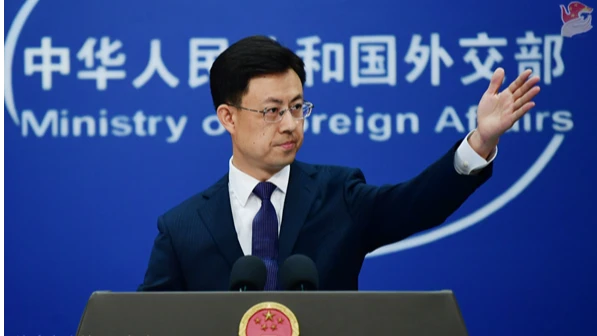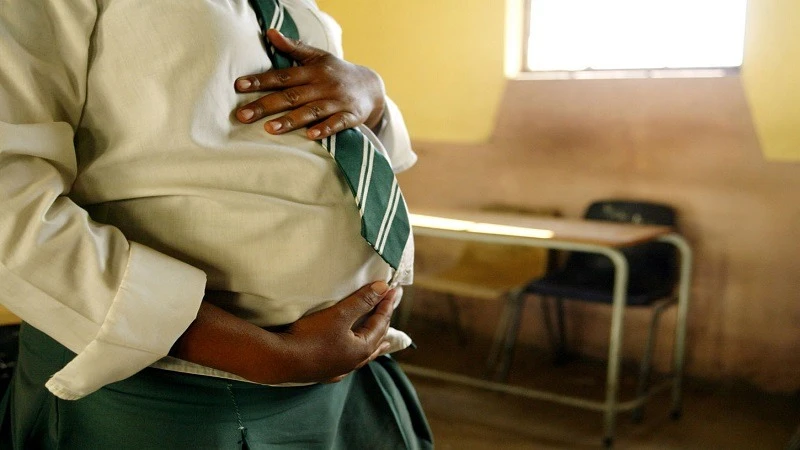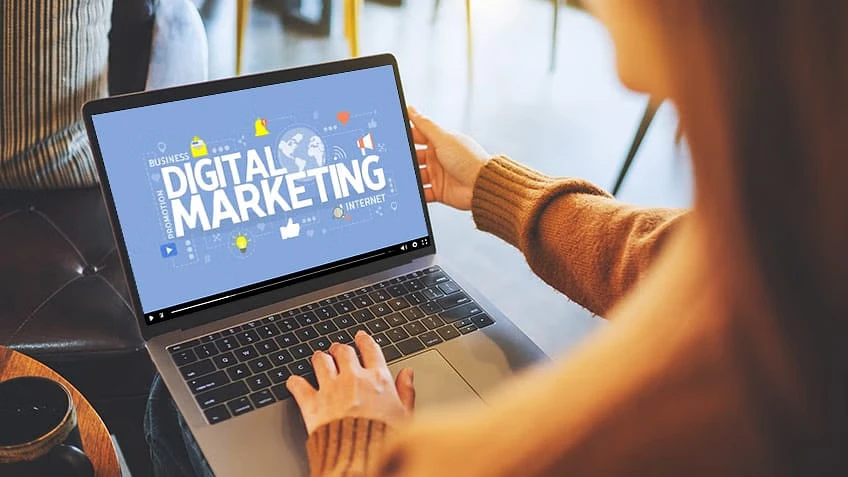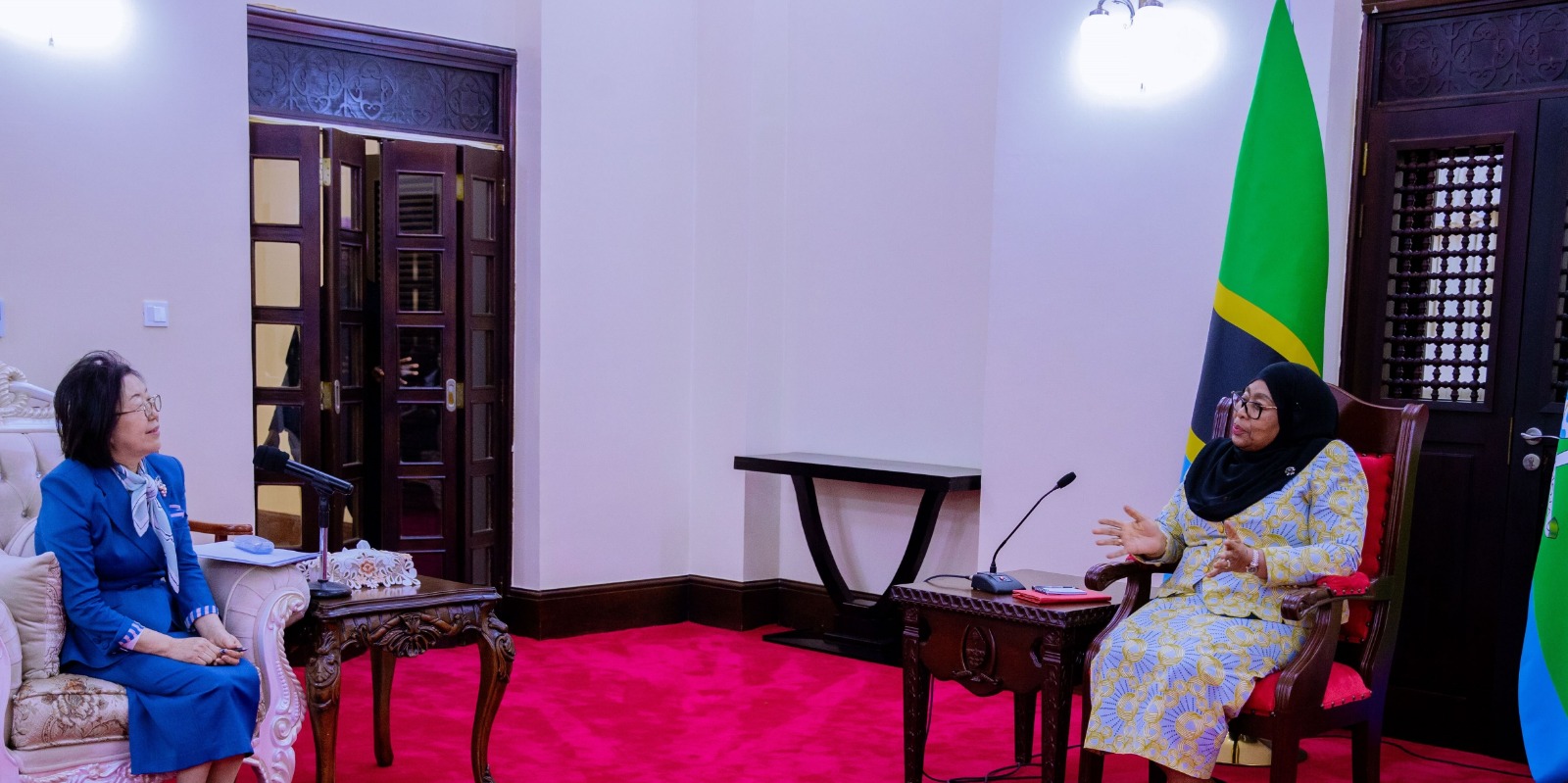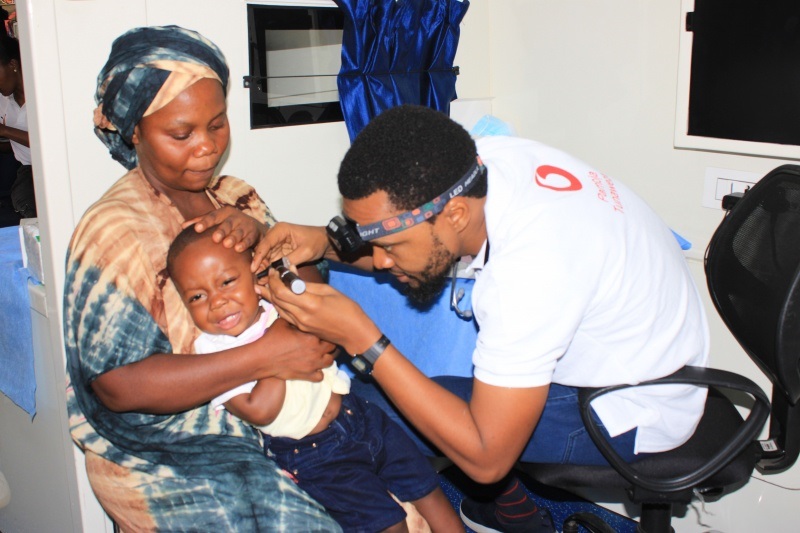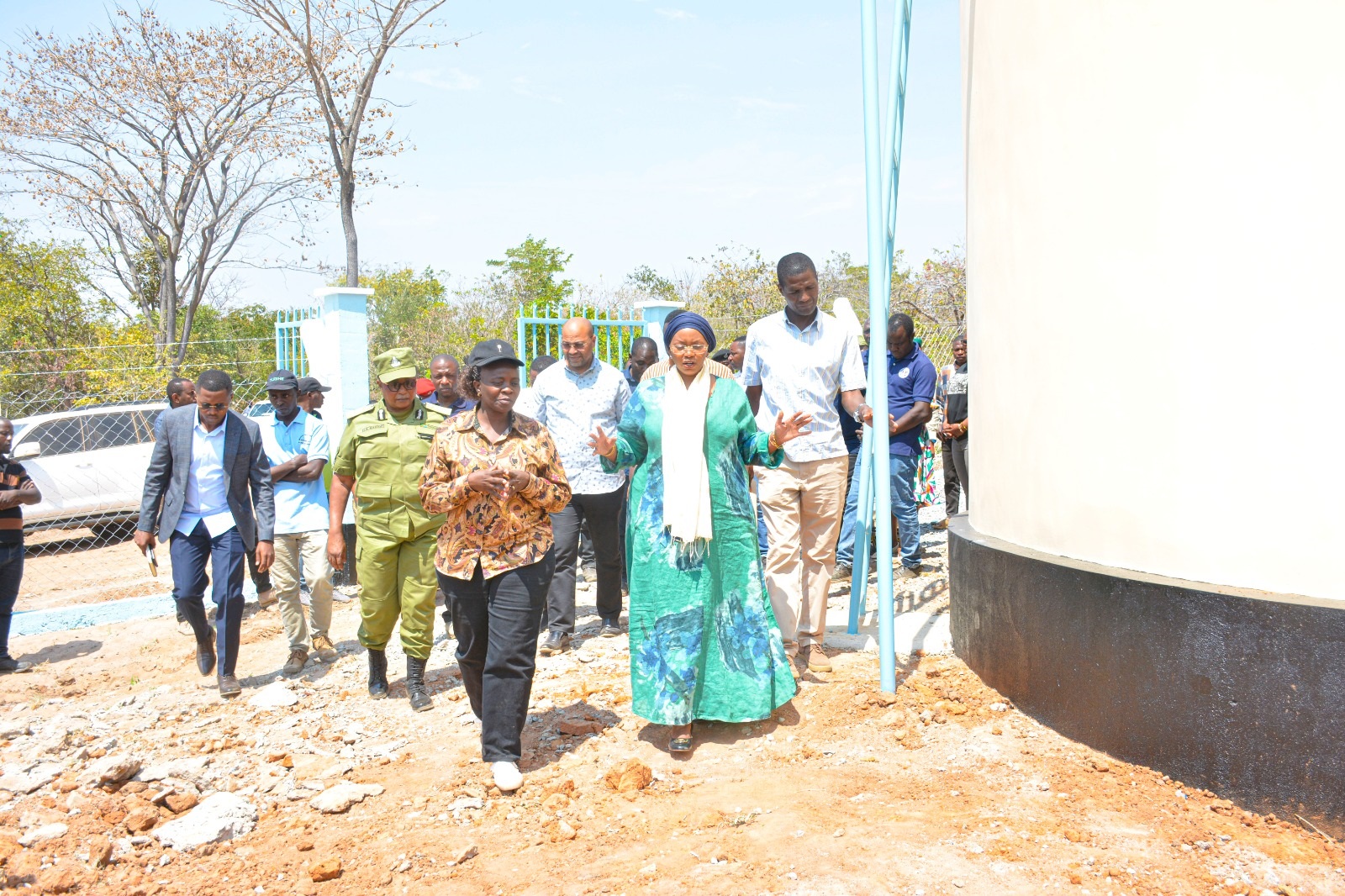BOOST project expands ICT access in primary schools, teacher centres

THE Boost Primary Student Learning Outcomes (BOOST) project is driving digital transformation in Tanzania’s education sector by equipping selected primary schools and teacher centres with Information and Communication Technology (ICT) resources.
As part of the initiative, 400 teacher centres and selected schools have received ICT equipment. In addition, 600 ICT teachers, 600 headteachers, and 450 ward education officers have undergone training on how to effectively integrate digital tools into teaching and learning environments.
Speaking to the Guardian, Silvia Mbilinyi, an ICT teacher at Ramadhani Primary School in Njombe Town Council, said that the training, delivered through the Continuous Professional Development for In-Service Teachers (MEWAKA) programme, has equipped educators with new skills, significantly enhancing pupil engagement.
“The training has brought about real change. Pupils now actively participate in lessons using ICT tools. We teach them how to use computers, write letters, print exams, and even learn online,” she said.
Under BOOST, Ramadhani Primary School received 24 ICT devices, including five desktop computers, two laptops, a scanner, a projector, and a smart TV—tools that have transformed how content is delivered, especially through the use of videos and visual aids.
Mbilinyi noted that the digital equipment has also helped ease the shortage of textbooks. With internet access now available at the school, pupils can read and research a wide range of subjects online, making both teaching and learning more dynamic and efficient.
Meanwhile, pupil Angel Mwageni urged the government and other stakeholders to ensure that ICT resources reach schools in remote and underserved areas, allowing more students to develop the digital skills needed to thrive in today’s technology-driven world.
At Nyambogo Primary School in Makambako Town Council, teacher Erasto William echoed similar sentiments, noting that access to ICT tools has sparked innovation among educators.
“Many teachers are now using projectors and smart TVs. They create digital content and utilise educational websites. This marks a major shift in making primary education more interactive and relevant to today’s digital generation,” he said.
Top Headlines
© 2025 IPPMEDIA.COM. ALL RIGHTS RESERVED









